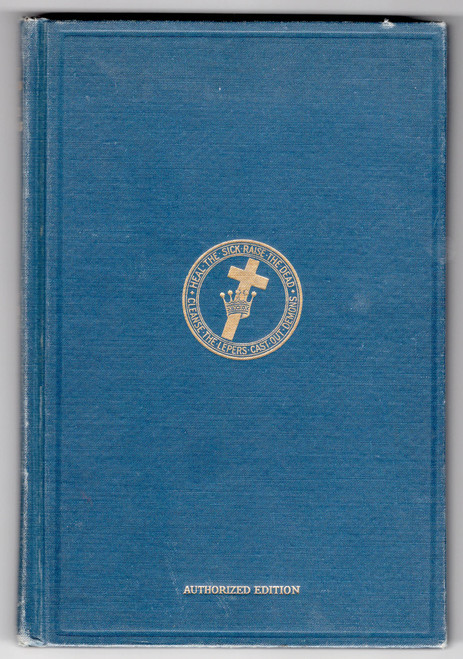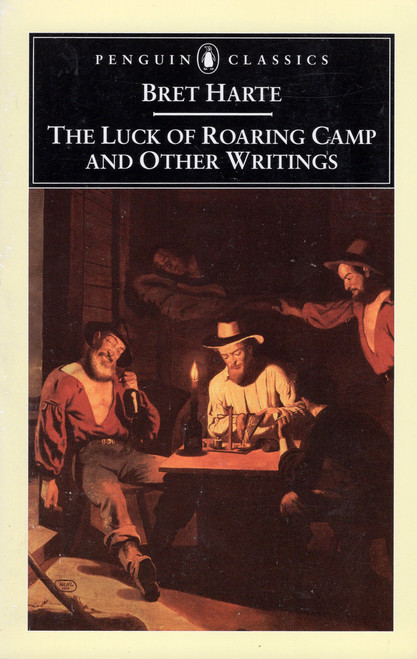One of history’s greatest political philosophers, Niccolò Machiavelli is notorious for his treatise The Prince, which has become a cornerstone of modern political theory. Written in 1513 and published in 1532, after Machivelli’s death, The Prince immediately provoked controversy that has continued unabated to this day.
Defining human nature as inherently selfish, Machiavelli proposes that social conflict and violence are natural phenomena that help determine the ablest, most versatile form of government. Asserting that idealism has no place in the political arena, The Prince primarily addresses a monarch’s difficulties in retaining authority. Considered the first expression of political realism, it has often been accused of advocating a political philosophy in which “the end justifies the means.” Indeed the emphasis in The Prince on practical success, at the expense even of traditional moral values, earned Machiavelli a reputation for ruthlessness, deception, and cruelty. Many scholars contend, however, that the author’s pragmatic views of ethics and politics reflected the realities of his time, as exemplified by the Medici family of Florence.
Debates about Machiavelli’s theories are as lively today as they were 450 years ago, but no one questions the importance of his fundamental contribution to Western political thought. This newly translated edition also includes Machiavelli’s Letter to Francesco Vettori, The Life of Castruccio Castracani, and excerpts from the Discourses on Livy.
Translated with an Introduction and Notes by Wayne A. Rebhorn.
About the Author
Niccolò di Bernardo dei Machiavelli (1469-1527) was an Italian diplomat, author, philosopher and historian who lived during the Renaissance. He is best known for his political treatise The Prince, written in about 1513 but not published until 1532.
Wayne A. Rebhorn, Celanese Centennial Professor of English at the University of Texas, has authored numerous studies of Renaissance European literature. His Foxes and Lions: Machiavelli’s Confidence Men won the Howard R. Marraro Prize of the Modern Language Association of America in 1990.







